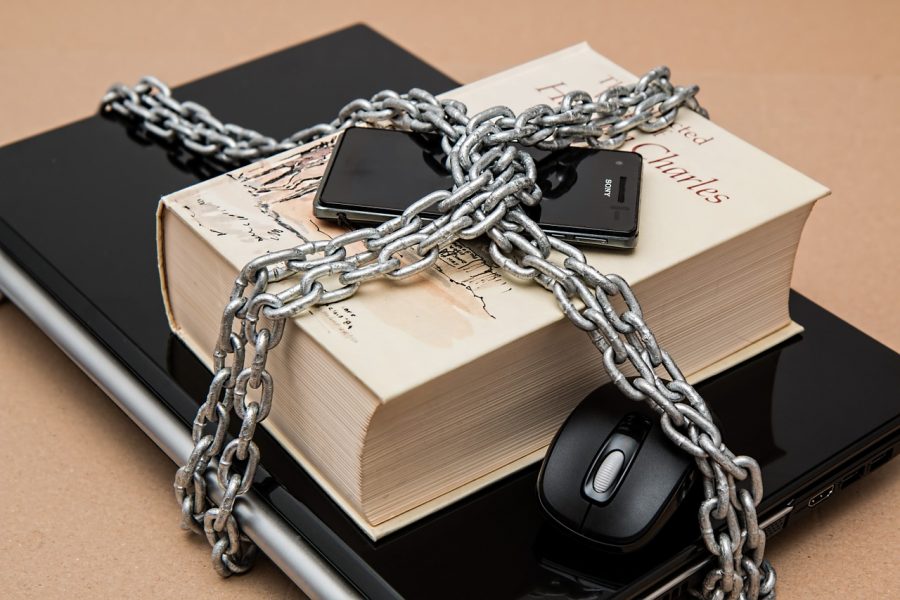Opinion column: Shelve censorship effort
Lawmaker targets 850 books in call for TEA investigation of literary collections
State Rep. Matt Krause asked the Texas Education Agency to investigate books in Texas public school libraries
December 13, 2021
“The Handmaid’s Tale.” “The Bluest Eye.” “The Confessions of Nat Turner.“
Though these novels diverge in genre and content, they were all included on a 16- page spreadsheet listing 850 books deemed to “make students uncomfortable” based on race and/or sexuality. Republican State Rep. Matt Krause introduced the sizable inventory of multiple genres to the Texas Education Agency, demanding to know how many copies were owned and how much money was spent on these books by school districts.
Krause’s so-called investigation, more of a bigoted witch hunt really, is baseless and should be ignored by Texas lawmakers and librarians alike.
After flipping through a few pages, it’s obvious these books including African-American history, LGBT+ representation, or sex education earn them a spot on the extensive list. The so-called “pornographic material” is absent, however, despite being the main reason cited by Republicans for the books’ removal from library shelves. The urgency for the Texas Education Agency to pull these books off shelves is reminiscent of sounding a nuclear bomb alarm over a fly on the wall.
It’s unlikely white students feel threatened by a book about racial equality, and if so, they might want to crack open the spine of one and educate themselves on a long history of prejudice and discrimination. The presence of these texts within the walls of school libraries can also be ignored, too, if the student wishes not to read them. Parents concerned about expurgating their children’s reading material may do so at home, but not all parents and students feel the same.
The call for the removal of such books isn’t shocking following the decision Texas lawmakers made this past June to censor the way racism is taught in public schools, aiming to ban “critical race theory” from classrooms K-12. Republicans argue that students should not have unrestricted access from what they consider is “obscene material” and express concerns that some topics may make students feel ashamed or uncomfortable about their race or sexuality. If these politicians care so much for the easement of today’s youths, then clearly they’ve overlooked the isolation LGBT+ or students of color may feel when their personal issues aren’t properly represented in literature or they lack the resources to understand themselves better in a tumultuous time of life.
It’s true the books included on Krause’s list aren’t harmless. They challenge the reader; they provoke sanitized public school curriculum. They may even contain life-saving information for LGBT youth who feel isolated from the community for lack of information and isolated from society for the unchangeable qualities they possess deemed “dangerous” by bigots. The Texas Education Agency should treat Krause’s demand with a grain of salt, and high school librarians should look into including a diverse selection of fiction and nonfiction alike to their shelves.


